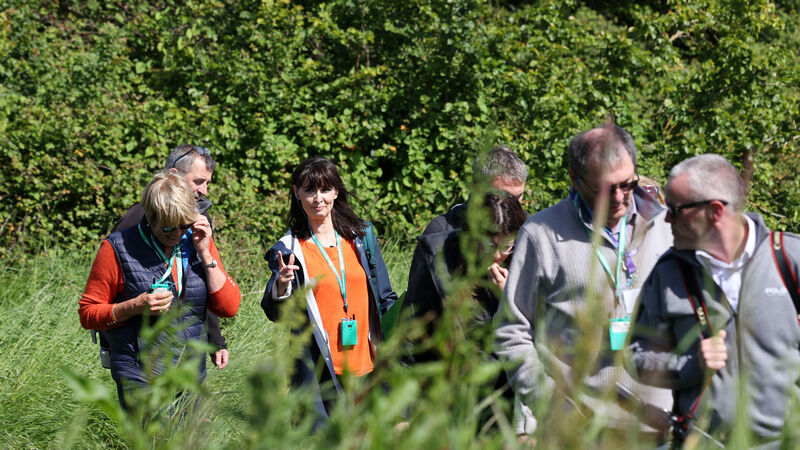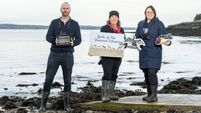Uisce Éireann should have 'better ambition' about keeping sewage from watercourses

Members of the Citizens' Assembly on Biodiversity Loss with chairwoman Aoibhinn Ní Shúilleabháin on a field trip to Turvey Nature Reserve near Donabate during its deliberations. Picture: Sam Boal/RollingNews













